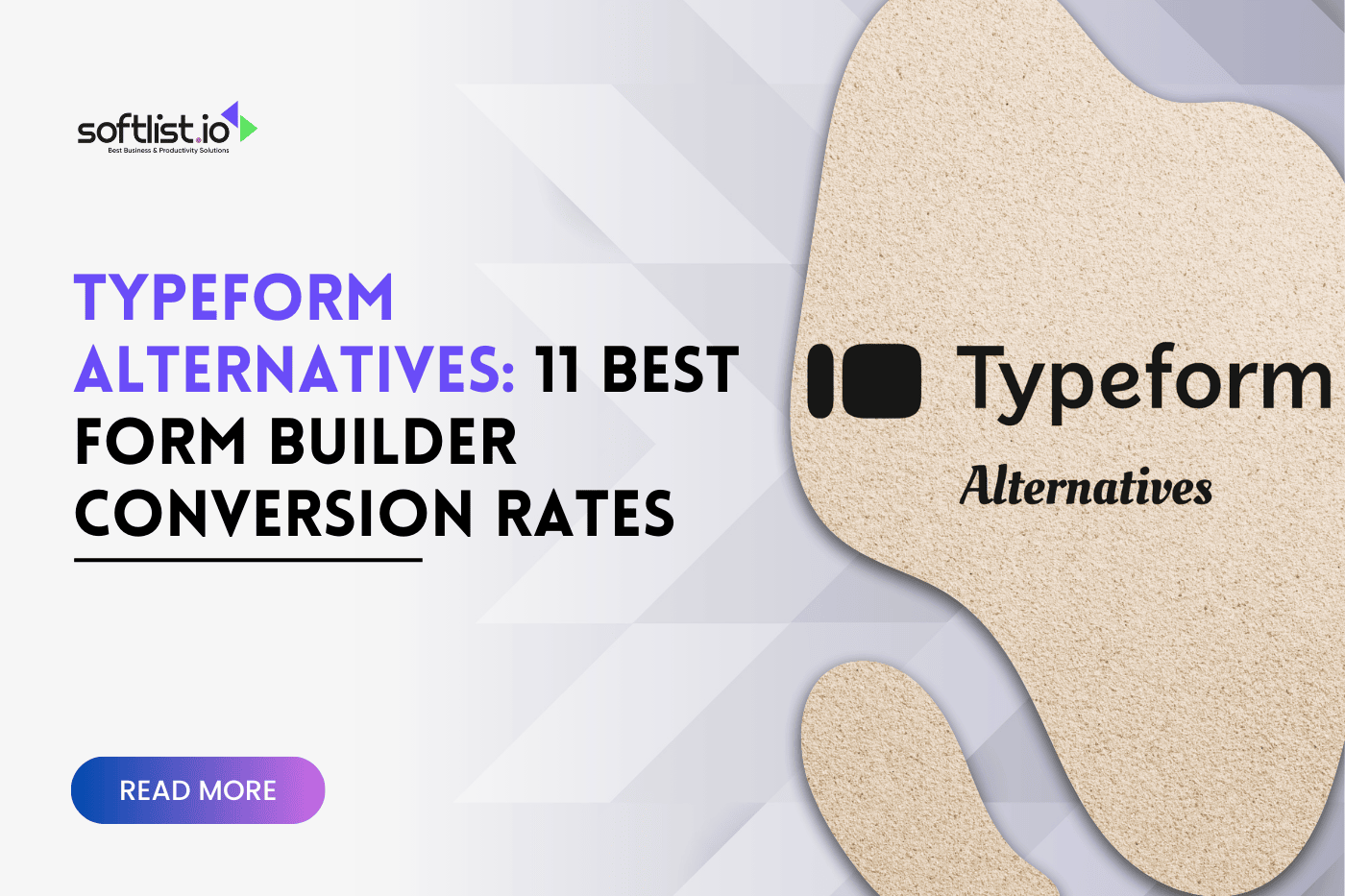Looking for the most comprehensive guide on implementing blockchains?
There are lots of chances to explore that great market.
The Best Way To Use Blockchain Technology

Cryptocurrency is the most well-known application of blockchain technology. In fact, blockchain was created by the now-famous Satoshi Nakamoto to enable the development of bitcoin, the first cryptocurrency ever.
In order to overcome the “double spending” issue that plagued all digital currencies, Satoshi developed the principle. Digital currency may be copied in all systems up to that point, theoretically allowing the same coin to be spent more than once.

It has finally produced a workable solution to this issue by decentralizing the network and allowing it to be managed and controlled by numerous nodes that are not even situated in the same geographic area.
Integrating Cryptocurrency Transactions Is the First Use

The benefits of companies accepting bitcoin and other cryptocurrencies as payment are highlighted in a number of articles.
A bitcoin payment gateway can be linked to any application or website that either sells goods, collects membership or subscription fees, accepts donations, or accepts any other type of payment.
In addition to increasing revenue by attracting customers who want to pay with bitcoin, including some type of bitcoin API in your new app will also enable your business to save money because most payment gateway transaction fees are lower than the credit card fees assessed by banks, etc.

Allowing clients to pay with cryptocurrencies has proven to be very beneficial for many businesses, including those that provide discreet services like sex toys, for example.
Cryptocurrencies are frequently seen as a much-welcomed form of payment because most consumers frequently don’t want such purchases to show up on their monthly credit card bills.
Smart Contracts Is the Second Application

Companies have access to a vast array of tools to enhance their projects through the usage of smart contracts, which are supported by groups like the Ethereum Project. Smart contracts enable the creation of enforceable contracts between two or more parties.
These contracts provide considerably greater levels of secrecy and do away with the requirement for a third party, such as a lawyer, to assist in the transaction’s execution.
A set of fulfillment requirements can be included in the contract, and when they are met, the contract will automatically start a series of actions without the need for personal intervention. Actions could include anything from starting a payment to approving marriage licenses, among other things.

Read this article to learn more about the potential applications of smart contracts.
Many different types of block transactions can be facilitated by smart contracts. They are expected to enable many of the procedures that organizations in the finance industry and in fields like medical research require to automate.
This is the reason why many of the top blockchain engineers are currently concentrating on smart contract development.
In order to address particular industry demands, development teams are rushing to create smart contracts in Solidity, a language created to interface with the Ethereum Virtual Machine.

The Ethereum Project has already put a lot of effort into developing smart contracts, which is fantastic. This implies that even small and medium-sized businesses can start integrating smart contracts into their initiatives without having to hire sizable development teams.
There are also no restrictions for businesses to set up a blockchain network because the Ethereum platform allows smart contracts to run on its platform. As a result, businesses can start using smart contracts as soon as they are prepared.
Used in Devices Such as IoT and Smart Ones

Securing IoT networks is another incredibly intriguing option that many businesses are currently looking into when integrating blockchain technology into their projects. IoT makes it possible to connect networks of smart devices so that users can gain from this connectedness.
Since IoT is used for many of the operations that enable our smartphones to operate other devices like our TVs, the majority of us already utilize it.

You profit from using an IoT network every time you connect your phone to an external speaker. And this is only the simplest case in point.
To give a clearer image of how its technology can be applied to current/future projects, search for how blockchain solutions are anticipated to benefit the banking sector.
Implementation of blockchain in banks, as an example

Banks are intricate organizations with various departments that enable them to operate in a wide range of financial sectors.
Banks are able to carry out trade financing and other similar activities in addition to providing client services like loans, mortgages, etc.
Banks stand to gain significantly from integrating their technologies, like smart contracts and blockchain-based IoT networks, in addition to the hotly contested incentives of developing their own coins.

Many of their essential operations might be automated with the aid of smart contracts. Mortgages are one example of this. A customer may go to the bank after seeing a house they want to buy, and the bank would then set up a smart contract.
The first stage would involve the smart contract determining the customer’s eligibility for the requisite mortgage because the bank already has access to all of their account data. When everything is finished, the contract may then start paying the seller of the property.
In addition to starting the automatic mortgage repayments from the buyer’s account, this would transfer the deeds to the buyer.

The smart contract would deactivate the repayments and terminate the contract once the mortgage had been paid off in full.
By eliminating the need for administrative staff to manually handle transactions, automation of this procedure might save banks tens of millions of dollars annually. Additionally, smart contracts would reduce the possibility of errors and fraud.
Fourth use, ID Protection Based on Blockchain

By incorporating a blockchain-based ID solution, you can increase the security of your app while also reassuring users that their data is secure when using your service.
The massive increase in data breaches, such as the September 2018 Facebook breach that resulted in the compromise of a staggering 50 million user accounts (and some of the first-ever lawsuits where users were given the right to sue the company for better security), is raising awareness of the critical need for ID security, even though it might not seem like this is a major selling point today.

Offering such a safe solution will undoubtedly enable you to stand out from the competition, regardless of whether you have the capacity to create your own blockchain-based ID security solution from the ground up or just decide to incorporate an existing blockchain ID solution like Validated ID.
Using Blockchain Technology: Planning Is The Key To Succes
Given that blockchain is a specialized technology, you undoubtedly anticipate a challenging integration process when attempting to implement it within your company. Such a project needs to be meticulously planned, and part of this planning might involve taking the time to learn crypto and understand its underlying principles.

Several factors are taken into account throughout this planning process:
-Can you fulfill the promised features without launching a crypto token?
-Does your goal align with a public blockchain network? So, if you need to restrict users to only reliable parties, a public blockchain is not the right choice for you. If you need high scalability while processing sensitive data, it is also ineffective. For these use cases, you should think about adopting blockchain for an enterprise.
-Are you creating an enterprise from scratch if you already use one? That will take up a lot of your time and effort, so I advise using one of the well-liked enterprise frameworks. Additionally, Hyperledger Fabric is industry-neutral and has a well-established framework. Using it, you may create a permission, scalable blockchain that protects your private information.
-How will your blockchain network be hosted? You do have a few choices, but you need to pick the one that works best for you.
Assembling The Appropriate Blockchain Implementation Team

Having the proper people on board is essential to integrating blockchain technology into your project successfully. Too many managers make the error of merely transferring projects to their already-existing development teams without carefully weighing the repercussions.
As I’ve already mentioned, blockchain is a very new technology that calls for a certain set of abilities not necessary for other kinds of software development.
Any developer working on it will need to be knowledgeable in a variety of topics, including encryption, decentralized peer-to-peer networks, how companies like Ethereum host smart contracts, etc.

This is why any team should have at least one experienced blockchain developer, as well as developers who are passionate and skilled about working on projects.
Any team working with smart contracts should have Solidity coding skills, be knowledgeable about blockchain APIs, and be conversant with the platforms now provided by companies to aid development, among other things.
A good blockchain engineer will be familiar with systems like BigchainDB, which seeks to address the scalability issues with it, Hyperledger, which makes it simple to create a private blockchain, and others.
Blockchain development in the cloud is an additional fascinating field. On their cloud platforms, businesses like IBM, Amazon, and Microsoft are increasingly providing technologies and development environments.
This service, known as Blockchain as a Service (BaaS), brings together businesses and developers to build workable solutions for their specific business requirements.
Utilizing these platforms can speed up the time it takes for businesses to launch their blockchain projects and save them money.
Due to the fact that they don’t require any code, projects like Unibright are already giving businesses the ability to fully forgo developers. However, these frameworks are still a ways off from being able to give practical solutions for more complicated projects.

Because of this, I strongly advise hiring a development team that is knowledgeable about blockchain deployment. Even while it initially costs a little more, a good development team that is familiar with blockchain technology will frequently end up saving time and money because the likelihood of issues is significantly decreased.
While Integrating Blockchain Technology, Review Smart Contracts

I’ve talked about how useful smart contracts are, but there is a big risk involved. Smart contracts are irreversible once they have been deployed. Erroneous smart contracts may have unfavorable impacts on you, and it may be difficult to undo them.

Of course, you should thoroughly test them. Testing blockchain solutions won’t, as you are aware, find all latent problems. You should extensively review smart contracts, and this review should cover the following:
- an analysis of static code;
- code quality evaluation;
- recognizing critical flaws such as reentrancy, variable shadowing, overflows, underflows, improper cryptographic signature validation, etc.
- a review of whether the desired functionalities of the smart contracts would be fulfilled.

Given how difficult it is to locate people with expertise, hiring qualified people to analyze smart contracts may be much more challenging. But help is close at hand!
The Use of Blockchain Technology

Even though I was only able to quickly touch on this intriguing subject in this very short essay, I hope it gives you some insight into how to incorporate blockchain technology into your project.
The majority of businesses, it’s a simple reality, have procedures that might use the extra security and automation that their solutions provide.
Before the peg blockchain solutions are commercially available, it might take some time, so businesses that want to advance now must take on the creation and deployment process themselves.

By hiring the greatest development team possible, as I mentioned in the last chapter, businesses may streamline the entire process of implementing blockchain solutions. After all, developers are still a crucial component to the success of your project.
DevTeam.Space can assist you if you are still looking for skilled software engineers to assist you with blockchain implementation. Use this link to send us your initial blockchain implementation specification and join forces with our community of highly skilled developers.
Conclusion
A blockchain project is dependent on a number of variables. Check to discover if your company’s processes actually require a blockchain services solution before deciding whether you also require crypto tokens. Your engineers should be familiar with programming languages like Solidity and GO to build smart contracts in order to develop products successfully. However, some permissionless networks have less security, which can affect the privacy of your business processes.
Additionally, they should be familiar enough with blockchain fundamentals to set up private or public blockchain systems like Ethereum and Hyperledger Fabric according to specifications. A few factors that prevent the successful creation of applications include a lack of blockchain development expertise, a limited grasp of the ecosystem, insufficient financial resources, etc.
To avoid these difficulties, look into the best blockchain development firms and collaborate with the one that best meets your company’s requirements.
FAQs
What Is the Implementation of Blockchain?
It is the integration of blockchain solutions as an alternative to current business practices or software platforms. It entails developing new software, like apps, which is subsequently applied to enable the modernization of conventional operations.
How Simple Is It to Use a Blockchain Platform?
The complexity of the solution is a key factor in determining the answer to this question. Implementing an easy solution, such as a bitcoin token system, is one example. It is more difficult to implement a more complicated system, such as one that automates supply chains utilizing smart contracts and blockchain technology. Processing its development may be necessary to improve the consistency and effectiveness of blockchain platforms or systems.
Where Are Blockchain Developers for Blockchain Development to Be Found?
In the DevTeam.Space community, some of the top blockchain experts may be discovered. To get all your questions answered, just fill out a project specification form, and a professional account manager will get in touch with you. Finding the best developers will help you in running a blockchain app development and produce more development tools.






